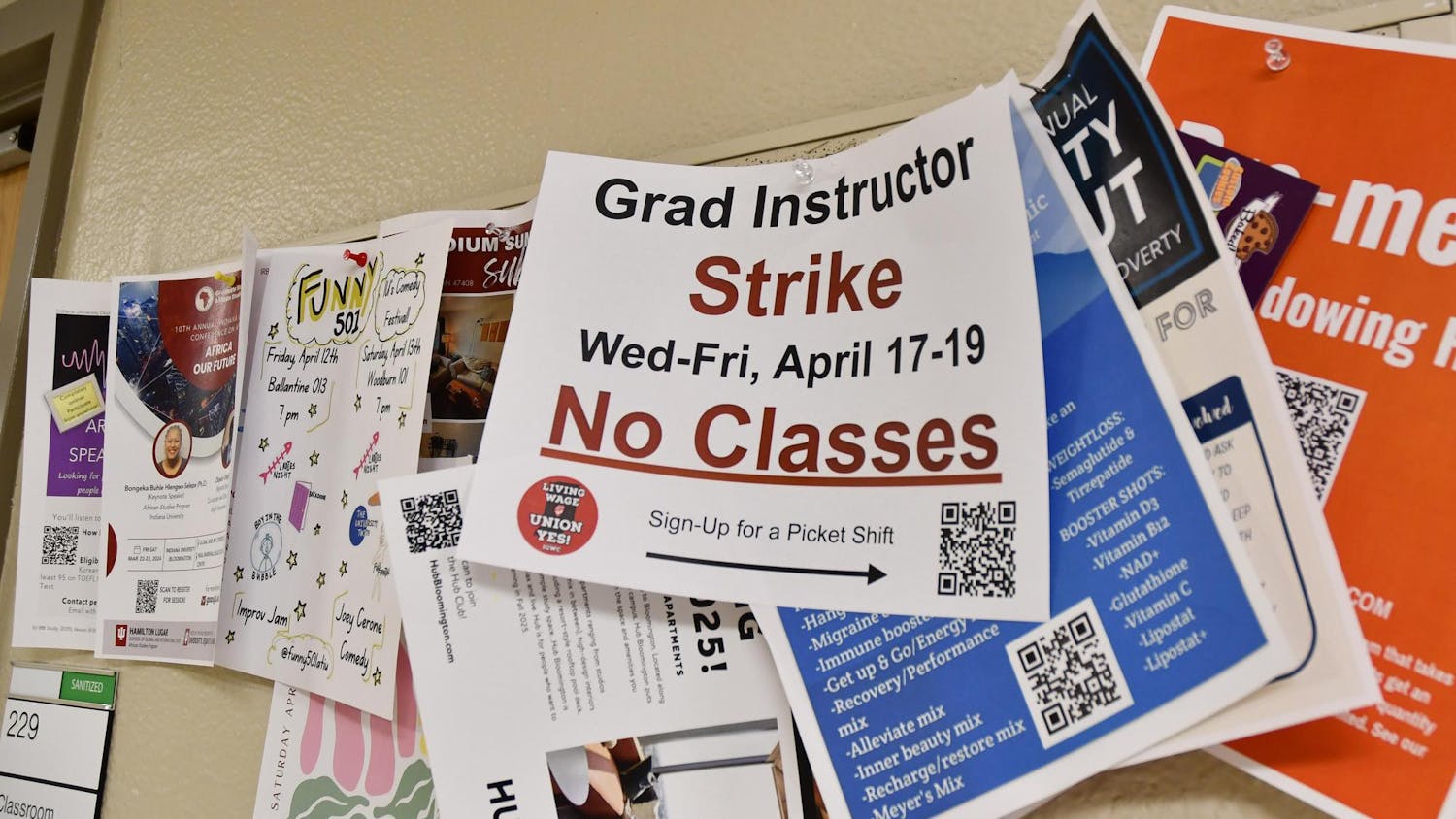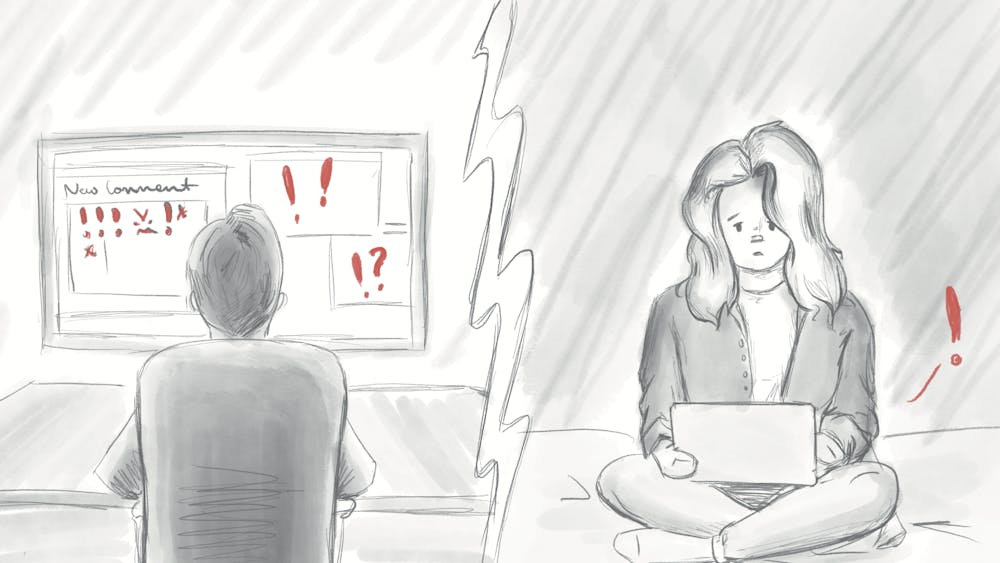A hush came over the small crowd gathered in the Indiana Memorial Union Dogwood room Friday afternoon.
Lois Wise, director of the West European Studies Center, stood to introduce Gene Coyle, adjunct professor in the School of Public and Environmental Affairs and former Central Intelligence Agency agent.
He had prepared to speak about a crucial time for the CIA — the days leading to and following Sept. 11, 2001.
He began by outlining the basics of his career in the CIA, which included 30 years of service beginning in 1976. He also clarified that the views he expressed were not the official views of the CIA.
Coyle then described the mood and atmosphere of the CIA in the years prior to 9/11.
The Counterterrorism Center was in place years before the tragic day, he said, but when offered a position in this area, he declined.
“CTC wasn’t considered a very job-enhancing place to be,” Coyle said, adding that it had a reputation of little responsibility.
Some had suggested cutting the CIA altogether following the Cold War, he said.
And although there were terrorist threats and attacks carried out by al-Qaida before 9/11, not much was done to prevent what was coming next.
“Through 2001, the CIA put out lots of warnings,” Coyle said. “It just wasn’t too high on the Bush administration list.”
On Sept. 11, Coyle was working on the community management staff in Washington, doing future planning.
He heard news of the first plane crash via radio and believed it couldn’t be more than an accident, he said. CIA personnel evacuated the office due to security protocol.
Then word that a plane had crashed into Pentagon came out. All staff was sent home immediately, Coyle said.
The following morning, Coyle reported a collective feeling of failure among CIA workers. But there was more of a collective urge to get revenge.
“Everybody wanted to get in on the action,” he said.
He added that retirees called to offer help.
Although he had had heart surgery about seven months prior, Coyle wanted to help in any way he could. He went through the travel clearance process, which included providing DNA samples and updating his will.
The week following 9/11, he was sent overseas. Although he could not disclose the exact location of his travels, he shared two experiences that moved him in different ways.
The first was an encounter with a British couple in a restaurant. The two approached him, asked if he was American and expressed their support. Coyle fought back tears as he expressed his gratitude for such international support.
The second memorable encounter was an interview with two people who were sentenced to life in prison for a terrorist operation. They were filled with passion and hatred, he said, and didn’t seem to care at all about spending a lifetime in a jail cell.
“These people were really looking forward to dying for the cause, and that’s what was scary,” he said.
He brought his speech to a close by defining the CIA’s shift after 9/11.
Coyle said he fears the loss of the classic relationship outreach. He said those newly recruited may not know how to carry it out, since they will be focused on anti-terrorism efforts.
“It’s an ugly business — doing counterterrorism work,” he said.
Former CIA agent discusses counterterrorism post-9/11
Get stories like this in your inbox
Subscribe





